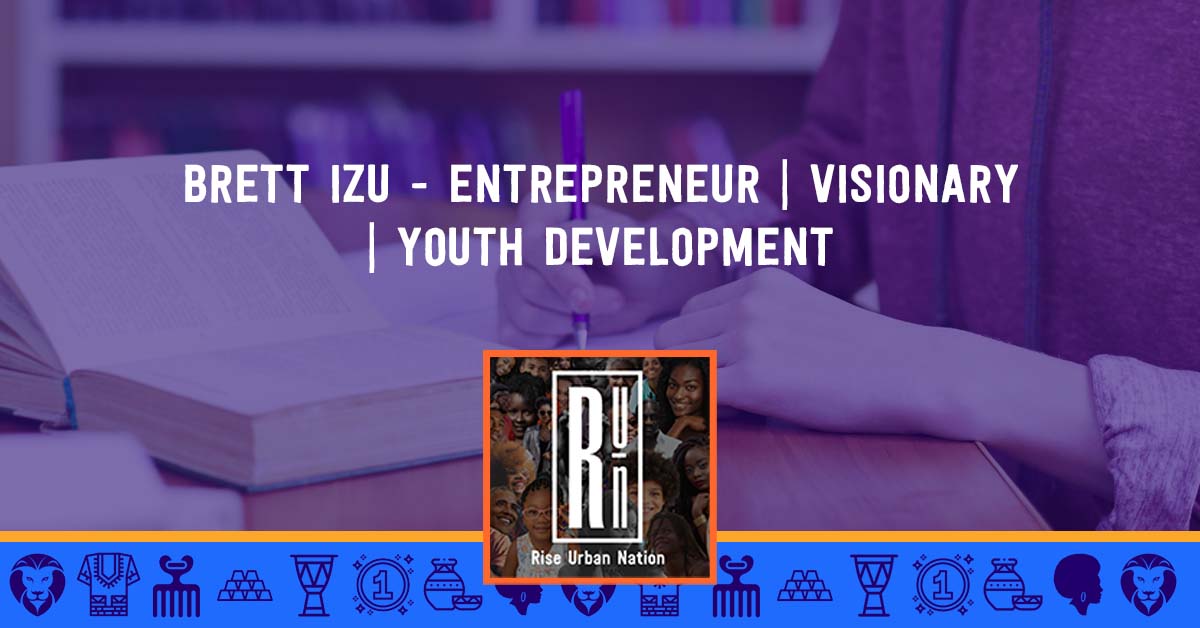10 Business Tips For Powerful Black Female Entrepreneurs
Black women are currently the fastest-growing business owner population. With business ownership at a 164% increase since 2007, Black female entrepreneurs are leading the way when it comes to reaching for their goals.
However, there are still many challenges that come with taking this risk.
Certain hurdles that lie on the journey of entrepreneurship for Black business owners (especially women) aren't always included in other peoples' journeys. But that doesn't mean success is impossible. Quite the contrary!
If you're a black female owned business forging your own path, there are some key factors that can help along the way. Keep reading for 10 business tips for Black female entrepreneurs that can take you to the top.
1. Start With Your Values
Business can be a cutthroat game for any entrepreneur. Sometimes there will be situations in which people ask you to do things that you just don't have the capacity for or aren't aligned with your values. Women especially have a tendency of overextending themselves.
In order to stay balanced and clear-headed, you need to remain connected to your values. Write down your goals and the things that are important to you. Keep this vision in your mind as you move through making daily decisions for your business.
Be wary of partnerships, deals, or even advice from others that doesn't sit well with you. It's best to use, both, your logic and your women's intuition so you don't lose track of your unique path and destination.
2. Research the Market
Starting a new company where you'll be able to serve and assist others is an exhilarating experience. However, even with good intent at the forefront, you need to make sure you research the market. This is especially essential if you are disrupting an industry with something fresh and new.
Market research begins with you collecting basic demographic information about your intended target audience. This includes things like age, location, occupation, etc. You'll also want to gather information about competitors to get a big picture of how the market runs and where you can fit in.
The last thing you want to do is introduce your company and feel unprepared. Figure out what's going on around the industry to best position yourself for success.
3. Be Willing to Take Risks
Hollywood powerhouse and creator of Grey's Anatomy, Shonda Rhimes, has something to say about taking risks. In her 2015 hit memoir, "Year of Yes", she highlights the great potential of changing your life with a three-lettered word. She spoke of how saying yes to more things helped her to take risks and become more fulfilled.
These same concepts can be applied to Black female entrepreneurs in their pursuit of happiness. Rhimes made it a goal to consistently bet on herself and open up to new opportunities. Remember that the breakthrough you might be looking for could be on the other side of something that scares you.
How often do you find yourself standing in your own way? Take more risks and be open to change. You should still use discernment and calculate the ROI for certain decisions.
4. Overcome Imposter Syndrome
Many Black female entrepreneurs hold high accolades, including multiple degrees, certificates, and years of experience. However, there's still this chronic feeling of self-doubt that tends to take over. If you've ever felt like you weren't good enough even when all logic says that you're overqualified, you might be experiencing imposter syndrome.
Imposter syndrome is extremely common in women of color. You'll see plenty of stories from women in executive positions who doubt their ability to lead well. And more accounts similar to these plague female owned business founders.
But the one thing about imposter syndrome that can't be denied is that it's all typically a lie. The voices you hear in your head aren't typically an accurate depiction of the situation. Oftentimes, this internal dialogue and scenarios pop up as defense mechanisms to protect us from failure (or success).
When you find yourself feeling like a "fraud" or devaluing your worth, interrupt those thoughts with positivity. Try making a list of all your accomplishments and using affirmations. Make constant efforts to psyche yourself up and practice validating yourself instead of giving others' opinions too much weight.
5. Identify Available Resources
Black female entrepreneurs might find it difficult to start a business due to a lack of accessibility to available resources. While there is truth to this, it doesn't have to stand in the way of you and your dreams. As a business owner, it's important to keep your eyes open to what can be resourceful to you.
For instance, your community is a resource. You can lean on your local neighborhood or online communities for support. People love to support great causes and missions so hosting fundraisers or other events for them to participate in can go a long way.
Also, remember to research different organizations for business such as a chamber of commerce. Be proactive about putting your name out there for people to offer their support.
6. Find Funding Options
Most businesses fail within the first three years. One of the main reasons for this is due to lack of financing. Many
business owners underestimate the importance of being realistic with starting funds until profitability kicks in.
For Black female entrepreneurs, this can be discouraging as there seem to already be fewer financial options. But with a little digging, you'll find that there are piles of money waiting to be granted or lent. You just need to go after them.
Avoid the financial struggle by looking into various funding options. Here are a few ways to get funding for your business:
- Apply for SBA loans (via US government)
- Research grants specifically for women and minorities
- Find a private lender (bank, credit union, etc.)
- Search for cash giveaways for small businesses (social media helps with this)
- Consider crowdfunding
- Seek out angel investors
- Connect with venture capitalists
Try multiple methods of funding if one doesn't work for you. And remember, just because you get a "no" doesn't mean you won't find your "yes".
7. Master Networking
You may have heard of the old saying "It's not what you know, it's who you know" once before. And this statement couldn't be any more relevant to business owners.
Building a strong network can open your business up to new opportunities (and revenue) that you would have never imagined possible. It can also help you connect with others who can help you along your journey. Some people may shy away from networking for multiple reasons but it's worth brushing up on your people skills.
Reach out to others and develop genuine relationships. Remember to provide value to them as a reciprocal relationship is important to most entrepreneurs.
8. Keep Track of Finances
Besides having enough money to fund the business, another part of financial struggles is money management. Thriving businesses find success when they understand positive cash flow and how this is created. If you don't have a system for tracking finances, it's best to put one in place immediately.
Being in charge of all the business finances can be overwhelming. So start with a simple routine. Write out all of your expenses and subtract them from how much money the business is bringing in.
Create a budget and monitor this in a spreadsheet to keep these numbers organized. Check in on your finances on a weekly, monthly, quarterly, and yearly basis to get an overall picture of where your cash flow is. Try to keep your overhead low in the beginning until consistent revenue comes in.
9. Outsource Small Tasks
When your business starts to grow, you automatically become busier. Most of the time, the small day-to-day tasks you could handle are too much for you. They take away time from the things that tend to make your business run.
If you have too much business and not enough time then consider outsourcing. You can outsource some of your tasks to different contractors to help get the job done. For instance, you may hire a virtual assistant to keep up with your email inbox and scheduling appointments.
Most successful people get the most out of their outsourcing partnerships is to already have systems in place. This way, the person knows exactly what to do and how you do it.
10. Build a Solid Support System
Running a business is no easy feat. There will be times when you feel like giving up or become discouraged. In these cases, lean on your support system for some uplift and inspiration.
Taking time away from your business sometimes to be with family and friends is healthy for business owners. Also, consider joining groups of other entrepreneurs that can provide advice and guidance as well.
Black Female Entrepreneurs Are Leading the Way
Black female entrepreneurs may face adversity in business but this hasn't stopped them from reaching great success. One of the most vital things to remember when you start a company is everyone starts somewhere. Keep your big vision in the front of your mind when things get tough.
Looking to find more advice and guidance on running a successful black owned business? Check out our RiseUrbanNation podcast today.











